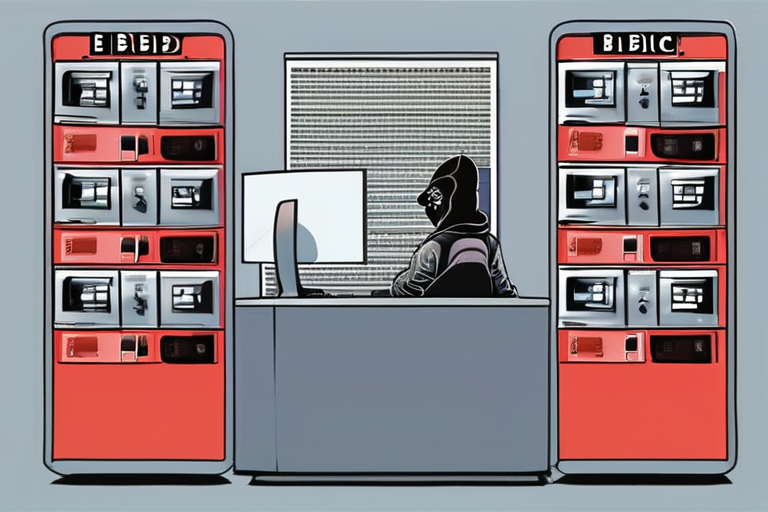In a shocking case of cybercrime, hackers in India have stolen CCTV videos from maternity wards, selling them on Telegram channels for up to 800,000 rupees (approximately $9,700 USD). According to Hardik Makadiya, Gujarat's top cybercrime official, the videos were sold for exorbitant prices, with some Telegram channels offering live CCTV feeds via subscription.
The police have registered a case under various sections of the law, including violating a female patient's privacy, publishing obscene material, voyeurism, and cyber terrorism, which is a non-bailable offense. The authorities claim that they have reached out to Telegram and YouTube, and the videos have been taken down. Since February, police have arrested eight people in the case - four from Maharashtra and others from Uttar Pradesh, Gujarat, Delhi, and Uttarakhand. They remain in judicial custody as the case proceeds in court.
Yash Koshti, lawyer for three of the accused, denied the allegations, saying they were not hackers or cyber criminals and that someone else carried out the breach. However, cybercrime investigator Ritesh Bhatia warns that weakly protected CCTV and home networks are easy targets and must be properly secured. "Wireless CCTV systems help you access the footage remotely, like on your smartphone, but they also make you vulnerable to hacking," Bhatia said.
The case highlights the growing concern of cybercrime in India, where the increasing use of technology has created new vulnerabilities. According to a report by the Indian Computer Emergency Response Team (CERT-In), there were over 1.2 million cybercrime complaints in 2022, a significant increase from the previous year. The report also noted that the most common types of cybercrime in India include hacking, phishing, and online harassment.
The sale of maternity ward CCTV videos on Telegram channels has sparked outrage among Indians, who are shocked by the brazen nature of the crime. "This is a clear violation of a woman's right to privacy and dignity," said a spokesperson for the Indian Women's Association. "We demand that the authorities take strict action against those responsible and ensure that such incidents do not happen again."
The police are still investigating the case and have not yet identified the masterminds behind the hacking. However, they are working closely with international law enforcement agencies to track down the culprits and bring them to justice. As the case unfolds, it remains to be seen how the Indian government will address the growing threat of cybercrime and protect the country's citizens from online threats.



























Share & Engage Share
Share this article